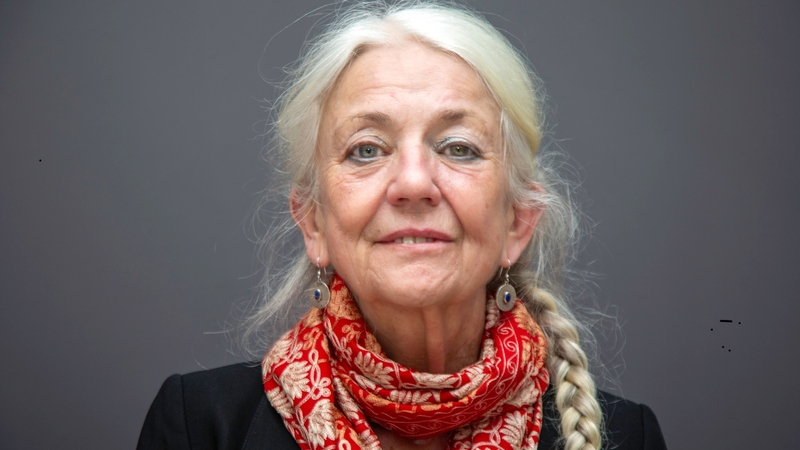You are viewing your 1 free article this month. Login to read more articles.
Wake-up call
Although some titles are certainly problematic and may even cause harm, sometimes complaints may be misused by those who wish to ban books.

In August, the freedom-to-write organisation PEN America issued a new report, Booklash, about the sometimes toxic discourse that pervades the literary sector, and how this impacts writing and publishing.
In his introduction, the novelist and PEN president Ayad Akhtar states: “It is imperative that the literary field chart a course that advances diversity and equity without making these values a cudgel against specific books or writers deemed to fall short in these areas.” He and the report suggest that we are falling short of this, that withdrawing or apologising for books (and authors) “threatens to shrink the space for risk-taking and creative freedom in the publishing world”. Akhtar does not pretend that some books are not problematic and that these titles may cause “measurable harm”, but worries that sometimes the complaints are misused by those who wish to ban books. The report takes 16 real-world examples, of which perhaps the one we are most familiar with over here is American Dirt by Jeanine Cummins, who back in 2020 was accused of cultural appropriation and insensitivity. Of its examples, PEN says just half are still available to buy, fewer still in print.
In the UK, we tend to look to the US to take the lead, but we cannot abdicate our role here
There is much to applaud in the report—not least that PEN America is one of a few freedom-to-read organisations acknowledging that the landscape has changed and prepared to discuss how it/we might respond to that shift. It invokes the 1953 Association of American Publishers/American Library Association Freedom to Read Statement, which was relaunched in the summer on its 70th anniversary with signatories ranging from the American Booksellers Association to the Authors Guild, alongside numerous US publishers and authors.
PEN wants publishers to do the work, to declare their commitment to freedom of expression and their willingness to publish widely. It says that “publishing houses should rarely, if ever, withdraw books from circulation”, while in turn demanding they support those authors on the receiving end of (even justified) criticism. It implores “publishers to resist the impulse to sacrifice individual books and authors as a way to publicly project their moral positions”. It too demands that publishing do more to better reflect society, rightly arguing that absent better representation, criticism which “highlights the racial blind spots of authors and publishers... can play a vital role in pushing the industry toward progress”.
As PEN concedes, this is a difficult topic. Differences of opinion, which were once areas for discussion, have become reasons to divide. In the UK, we tend to look to the US to take the lead, but we cannot abdicate our role. In her comment piece, bookseller Aoife Roantree argues that we need to talk, mentioning in passing the culture wars, and how, in particular, Irish booksellers are coming under attack (for stocking LGBTQ+ titles and the like). It is one example, but we know more of this is coming and that there are groups keen to exploit tensions and weaknesses. PEN America’s report is a road map and a challenge, its timely arrival a moment to wake up.




















